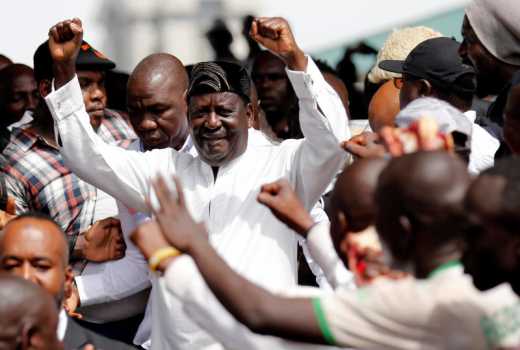
It has been more than one week of high drama. It all started with the ‘swearing-in’ of Raila Odinga as the ‘people’s president’ on January 30 an act of defiance by an Opposition that refuses to recognise the legitimacy of President Uhuru Kenyatta. In the run up to the August 8, 2017 General Elections, the atmosphere was charged with optimism, each side of the political divide confident it was better placed to win in the ensuing political contest.
When the Independent Electoral and Boundaries Commission (IEBC) announced the presidential election results, the Opposition rejected the results, citing electoral irregularities. Jubilee’s win was short-lived after the Supreme Court annulled the results and called for fresh elections on October 26. In a fit of anger, (almost similar to what we are seeing now) the Jubilee hierarchy, right from the presidency, adopted a scorched earth policy and even vowed “to fix” the Judiciary for making the ruling.